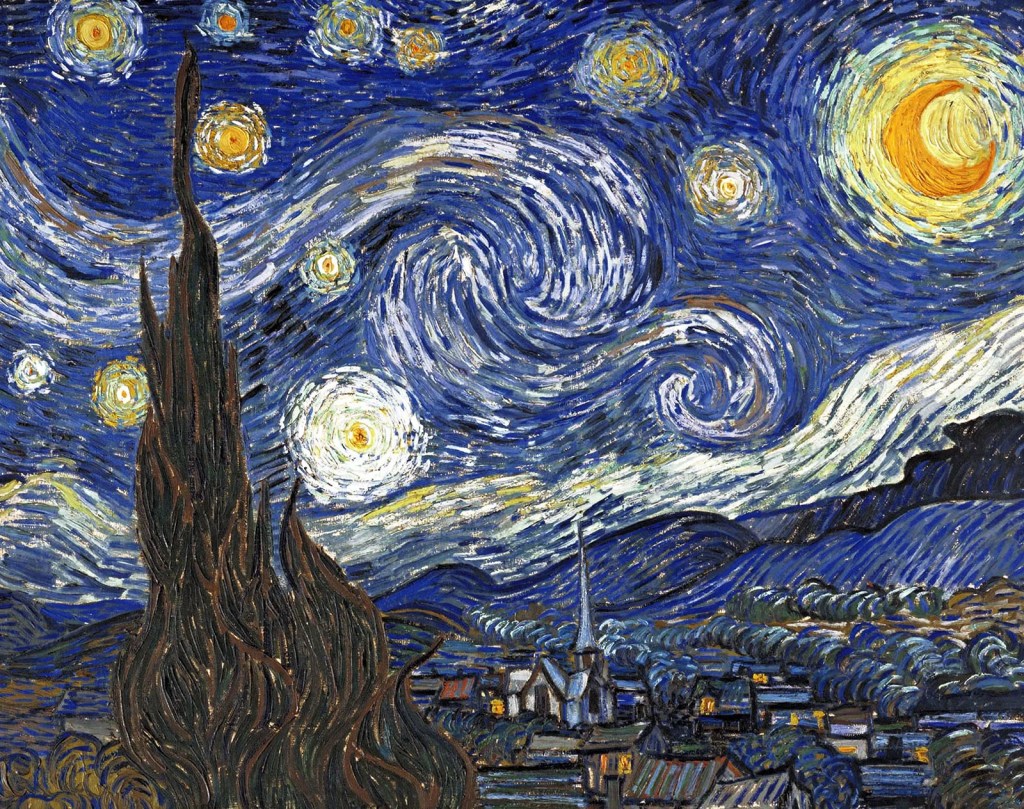
[This guest post has been authored by Karishma Karthik. Karishma is an associate at Shardul Amarchand Mangaldas, Mumbai. She can be reached at [email protected] for any feedback or comments. Views expressed here are those of the author’s]
As previously discussed in Part I, Indian courts appear to employ a combination of the subjective and objective tests in determining a violation of the integrity right. Considering the Copyright Act, 1957 entitles even the legal representatives of a deceased author to exercise the integrity right, it is then interesting to consider how such claims would play out in the absence of explicit instructions from the deceased author on exercising this right. Would such legal representatives be required to ascertain the hypothetical interests and opinions of the deceased author? Can legal representatives substitute their own judgement in the vindication of the author’s moral right?
Ascertaining Author’s Subjectivity from Beyond The Grave
The term “legal representative” has been defined in the Indian Civil Procedure Code, 1908 to include those empowered to represent the estate of the deceased person. Accordingly, the same would not only mean the legal heirs of the author, but also the executors and administrators of the will of the deceased author. In that case, given the lack of personal relationship with the deceased author, it may prove onerous to expect the executors/administrators to proactively dispute potential violations in the absence of comprehensive instructions.
However, commentators have argued that this claim of difficulty in ascertaining the deceased author’s intentions may be overstated, as circumstantial evidence in the nature of correspondences, previous remarks, public statements, affiliation and memberships can be adduced to corroborate a violation. Further, this argument is also reliant on the level of subjectivity employed by the courts in assessing a violation. In the Mannu Bhandari Case, for example, the Court while appreciating the plaintiff’s subjective opinion of prejudice to her reputation, also opined objectively that her admirers may reasonably conclude from the commercialized nature of the film adaptation of her novel that “she has fallen prey to big money in the film world”, “doubt her sincerity” and liken her to “the category of cheap screenplay writers of the common run Bombay Hindi Films”. Additionally, as previously argued, reputational damage can be ascertained through objective evidence. In this regard, it’s important to distinguish reputation in the context of defamation, from the reputation limb of the integrity right. In defamation, the cause of action cannot be exercised posthumously. The reputation limb of the integrity right solely refers to reputation of the plaintiff in the capacity of an author, not as a general person, and in relation to the derogatory treatment of the author’s work. Thus, while evidentiary obstacles such as the above can be overcome, on a practical level, posthumous enforcement raises more questions.
Practical and Doctrinal Challenges
On a principle level, since Section 57 of the Copyright Act, 1957 appears to provide for moral rights in perpetuity, this begs the question of how such rights would be enforced after the expiry of the term of the original legal representatives. Could moral rights, a principally unassignable right, be inherited by successive generations of legal representatives of the author? With the passage of time, such a paradigm runs the risk of random/arbitrary exercise of the right.
Legal representatives, as inheritors of the estate, also have a vested interest in maximizing the economic returns from a work. Given that Section 57 provides that the legal representative “may” exercise the moral right, they may exercise this discretion by choosing not to enforce the right as well. Pursuing such litigation would be time-consuming, costly and not financially lucrative, as remedies granted in such cases are usually injunctive relief or nominal damages. Considering that most intellectual property disputes are resolved by way of settlement, legal representatives motivated by economic incentives may also chose to aggressively pursue violations in the hopes of monetary settlements that enhance the receivables from the work. In such a scenario, courts should be allowed a certain level of supervisory jurisdiction and the right to entertain applications from interested parties that are more invested in protecting the moral rights in the work, which may include family members or collaborators, members of the author’s field, cultural organizations or institutions such as copyright societies etc. Mira T. Sundara Rajan, in her writings on this topic, had even proposed a domaine public payant scheme to finance a supervisory system which would be more qualified to proactively protect the integrity of the works of deceased authors.
The Way Forward
Given the non-economic nature of the moral right to integrity, in the absence of a strong personal connection with the work, it is unlikely that moral rights would be preserved by legal representatives as vehemently or as accurately as they would have been by the original author. Mac Miller’s first posthumous album ‘Circles’, was finished by his producer with whom he had extensively collaborated in the past, and as a result authentically represented and adhered to his vision. However, further work by persons not necessarily familiar with his style, runs the risk of compromising on his artistic integrity to appeal to a more mainstream audience and monetize the nostalgia of his enormous fan base.
Considering the recent Union Budget has increased allocation to the intellectual property ecosystem by 15% to inter alia strengthen IPR management, the State may consider devising mechanisms to fund the protection of moral rights in culturally significant works. In light of the same, appropriate guidelines and rules for the exercise of Section 57 should be issued to address the concerns highlighted above. As society as a whole has an interest in the uncorrupted intended message of an author, especially of those no longer capable of creating further works or defending their existing works, the protection of such rights is all the more important.
